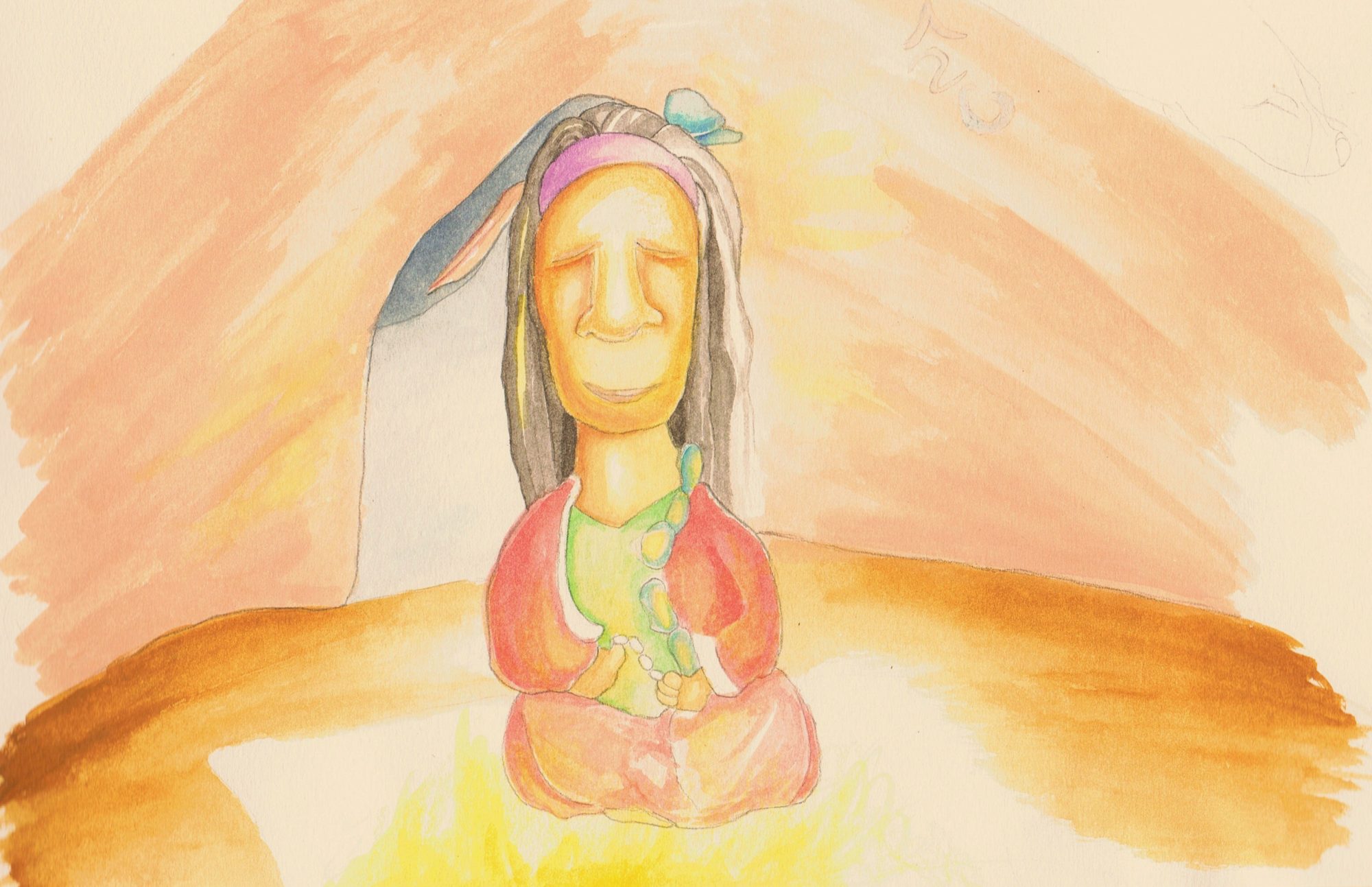Dementia is not progressive, although it may appear to be.
Progressive means that, with dementia, I proceed to become more demented as time passes.
The belief that dementia can only get worse is reinforced by the experience that nobody ever gets better.
Nobody ever gets better because the commonly held belief is that there is no cure.
When I believe that senile dementia is an illness of old age, then logically, as I get older, the dementia becomes more acute.
Dementia is more relative to emotional power than it is relative to age.
As my emotional power declines, so dementia increases.
It is no co-incidence that as dementia increases, the need to be looked after increases; and as the need to be looked after increases, personal emotional power declines.
Dementia becomes a downward spiral that leads to an eventual demise.
Then again, an eventual demise is the consequence of old age, with or without dementia.
What becomes very important in old age is quality of life, which is relative to personal emotional power.
My emotional state of being determines my personal power and the quality of life that I am experiencing.
Being lost, confused & frustrated with life allows only a very low quality of life experience.
When quality of life is acceptable, dementia is not a problem.
As quality of life declines, dementia becomes more and more of a toleration, a frustration and a problem.
Dementia is not progressive because we all have good days & bad days.
We all have days when everything flows beautifully and we all have days when it doesn’t.
Good days & bad days are relative to emotional power. In fact that is what a good day is, it is a day when my emotional state of being was positively good and consequently, I had a very enjoyable day.
Goodness & joy are both positively powerful emotional states of being.
On an enjoyably good day memory loss is not apparent, so it is not a problem.
With enough emotional power, nothing in life is a problem and every challenge is effortlessly overcome.
Dementia only appears to be a problem when good days become few & far between.
Whether dementia is getting worse of whether bad days are becoming more normal, is a matter for consideration.
It is my experience that on a good day memories appear to have magically returned, which contributes to it being considered a good day.
This apparent return of sanity is usually short lived and good days are quickly forgotten when the symptoms of dementia return.
If dementia is relative to emotional power, is low emotional power the cause of dementia or the effect of dementia?
Does my low emotional power cause my memory loss or does my memory loss drain my emotional power?
Does my emotional power fuel my memory or does my memory drive my emotional power?
There is no doubt that remembering everything that I need to remember contributes to my having a good day. Then again, it is a very good day when there is nothing that I have to remember.
On a good day, I am engrossed in the present moment. I am present in each moment enjoying what life has to offer me. I have no need to plan the future and I have no need to consult the past.
My memory is my ability to consult the past in order to plan my future.
One of the great problems with dementia is the inability to plan the future because of the inability to access past memories.
Making moment to moment decisions or choices becomes extremely difficult without the ability to access memory.
Relying on other people to make my choices for me is totally disempowering.
Being disempowered by other people making all my decisions for me is why my emotional energy becomes depleted.
My low emotional energy causes my disconnection from my memory, my disconnection from my memory means that other people have to make my choices for me and other people making my choices for me causes my low emotional energy that disconnects my memory.
Breaking this cycle is one of the keys to living with dementia.
My emotional power is relative to my mental authority, so when I run continuously on other people’s authority of choice, I will continue to need their emotional power to motivate me.
Dementia is relative to personal authority. This means that my inability to make my own choices determines my degree of dementia.
Where dementia is relative to personal mental authority it is also relative to personal emotional power.
The ability to make personal choices requires both the capacity of my mental authority and the competence of my emotional power.
The inability to make personal choices due to mental incapacity & emotional incompetence is a symptom of dementia.
